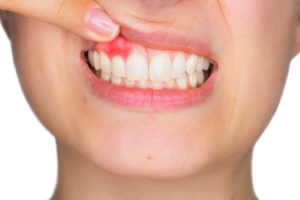Peridontology
 What is periodontology?
What is periodontology?
Periodontitis is a disease of the gums that leads to the destruction of the jawbone, as a result of which the teeth lose more and more grip and are ultimately lost. These diseases are usually chronic over many years. Therefore, the systematic treatment of inflammation of the teeth (periodontitis) is inevitable.
Periodontal disease symptoms
Periodontal diseases are usually painless. These diseases are often only noticed by patients at a late stage of the disease. Possible signs and symptoms of gingivitis or periodontitis:
- Red, swollen gums
- Gums bleed when touched
- Receding gums
- Pain in teeth and gums
- Teeth loosen
- Tooth migration
- Bad taste
- Annoying bad breath
- Bone breaks down dangerously
- Long tooth necks
What to do about periodontitis?
If the signs of periodontitis are recognized in good time, appropriate treatment can prevent tooth loss. Regular dental care and professional tooth cleaning form the basis for this.
The bacterial accumulations in the gum pockets and diseased tissue must be removed. This is done either with special hand equipments (curettes), with ultrasound or laser.
With advanced disease, antibiotics may be necessary to stop the bacteria from spreading. Even if the bone substance has already declined, something can be done to prevent tooth loss with modern bone building options.


